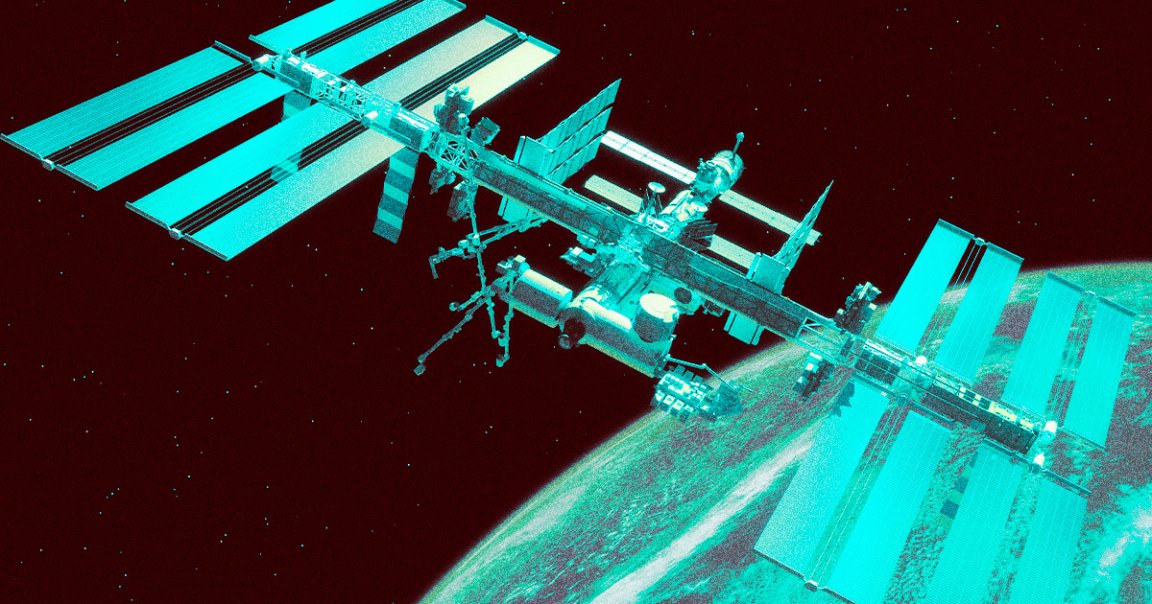
Tug Destroyer
The International Space Station has kept on ticking for over two decades, outlasting its expected operational lifespan of 15 years. But even humanity’s steadiest crewed foothold in space must eventually meet its end.
As such, NASA wants to research a new plan to retire the ISS by 2030: using a “space tug” to deorbit it, and then letting the ISS burn up in a safe area in the Earth’s atmosphere known as Point Nemo.
Early signs of the plan emerged in NASA’s requested budget for 2024, first released last week by the White House. If President Joe Biden and NASA get their way, the space agency would be endowed with a $27.2 billion budget, nearly $2 billion more than this year.
During a press conference on Monday, NASA officials revealed that the agency wants to use around $180 million to “initiate development” of its space tug plan, which would not involve actually building and deploying it — that would cost a hell of a lot more.
“A cost estimate we had was a little short of about $1 billion,” said NASA’s human spaceflight chief Kathy Lueders at the press conference, as quoted by Space.com.
Redundancy Plan
According to Lueders, the current plan is to use an already existing spacecraft: Russia’s Progress, an expendable cargo ship that resupplies the ISS.
“We’re continuing to work with our Russian counterparts on how to deorbit safely with the Progress vehicles,” Lueders said, as quoted by Gizmodo.
She added that although other ISS partners already have deorbit capabilities, the US wants to develop its own plan “to have redundancy.”
That would seem prudent, as diplomatic relations between US and Russia have deteriorated ever since the latter’s invasion of Ukraine, placing a major strain on efforts to keep the two nations cooperating in space.
Last summer, Russia’s Roscosmos announced that it will withdraw from the ISS after 2024, with plans to build its own space station in the wings.
Furthermore, the Progress and Russia’s crewed Soyuz spacecraft have both been plagued by leaks, calling into question the reliability of the platforms in recent years.
“As you’ve seen in the past and over this last year, us having these redundancies has been very, very important for both ourselves and our partners,” Lueders said.
More on NASA: NSYNC’s Lance Bass Was Training to Be a Cosmonaut When He Heard Something Fascinating